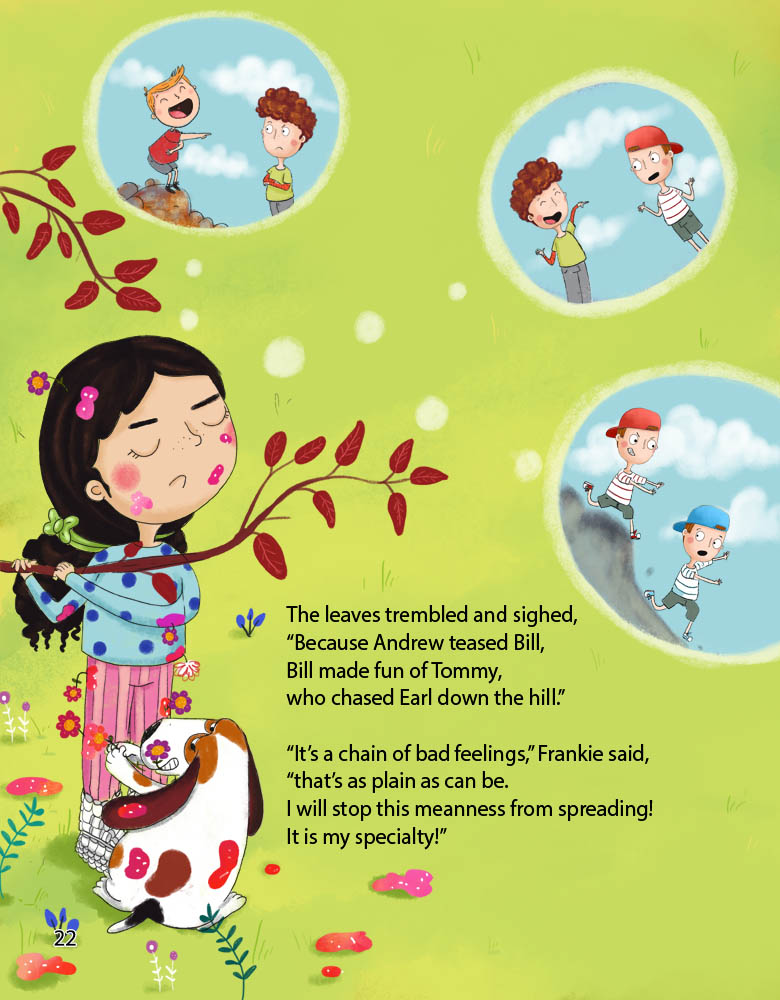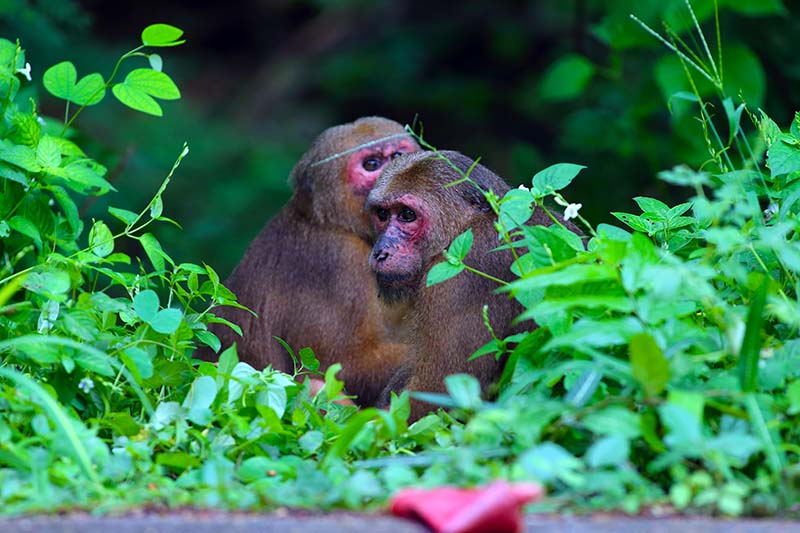2.0-minute read
Hope is a gift you don’t have to surrender, a power you don’t have to throw away — Rebecca Solnit
At Favorite World Press, we believe in making hopeful investments in the future, which is why we’re partnering with American Forests to bring the environmental and health benefits of trees to more people. On the 50th Anniversary of Earth Day and every day, we’re pitching in to help plant:
Climate-Resilient Trees
Over the next two years, American Forests will plant 120,000 trees in areas devastated by the 2018 Camp Fire, the deadliest wildfire in California’s history. With our support, American Forests will plant native pine trees that aren’t just flame-resistant but actually rely on fire to reproduce by releasing their seeds when exposed to heat. Climate-smart reforestation with pyrophytic tree species that have adapted to fire-prone environments will slash the risk and catastrophic effects of severe wildfires and help bring back the green to the Golden State.
City-Cooling Trees
Although it seems like spring just tapped on the window, the hot, steamy days of summer are right around the corner. If you live in a city of one million or more people, the heat island effect can mean your urban habitat is 1.8-5.4°F warmer during the day than surrounding areas and up to 22°F warmer at night. Planting more trees in the right urban places can lower summer temperatures by at least 10°F, help achieve tree equity, and prevent about 1,200 heat-related deaths a year.
Cleansing, Calming Worker Trees
Trees are amongst the most efficient environmental workers in the natural world. They’re on the job 24/7 cleaning the air and water, cooling the planet, and providing countless life-enhancing perks to people and wildlife. Not only do the world’s forests combat climate change by capturing and storing almost 40 percent of carbon emissions a year, they absorb particulate and gaseous air pollutants so you don’t have to, helping to reduce your vulnerability to respiratory illnesses. Trees also help filter and purify drinking water by protecting watersheds. Plus, exposure to forests and trees boosts your immune system, accelerates recovery from illness, increases your energy levels, and improves your sleep. Forests and trees are also critical to maintaining the healthy functioning of global ecosystems by providing essential habitat for 80% of the world’s plants and animals.
Like most living things, trees function best when not under stress. Climate change, wildfires, deforestation, and invasive pests are taking their toll on tree species globally, which is why we’re committed to helping American Forests keep on tree-ing for people, for wildlife, for the planet. You help us help them every time you purchase a print or e-book from the Favorite World Press series, Frankie and Peaches Tales of Total Kindness.
We thank you, American Forests thanks you and the hard-working trees thank you.
Hang in, stay safe, be well!
































































